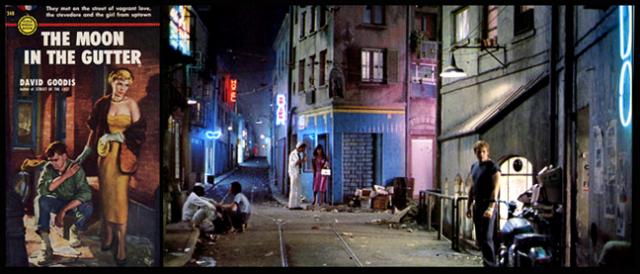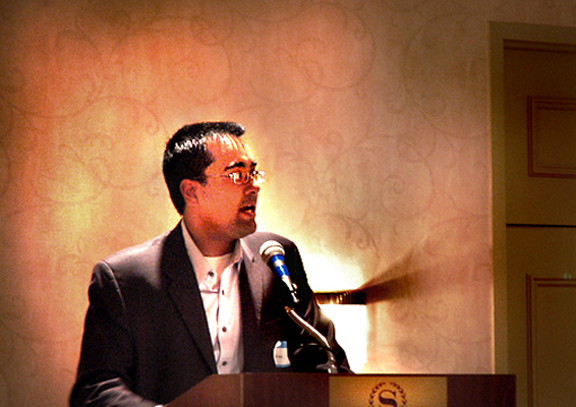President Obama finds himself under fire on two disparate fronts these days, both for the botched rollout of his signature health care program and for the secret spying on allied heads of state.
– Peter Baker, The New York Times
It’s one of those elegant solutions to a mix of problems where you wonder why no one thought of it before.
President Obama is under assault for two very tricky problems. The first is the so-far ineffective communication program for the Affordable Care Act, a key component to the administration’s goal to improve the delivery of health care to all Americans.
The second problem is that the National Security Agency has been listening very aggressively (and very competently) to the cell phone calls and emails of people like German Chancellor Angela Merkel. The NSA has been doing this to Merkel for the past 11 years, which includes the entire five years of the Obama presidency. Ms Merkel and others are now quite exercised and perturbed.
Thanks to the talented Edward Snowden we now know how effective the NSA has been in figuring out how to track and listen in on the phone calls and emails of world leaders, as well as ordinary Americans. Of course, we’re told, the NSA only monitors US citizen calls if we dial a potential foreign al Qaeda agent. The NSA’s credibility is such that the reaction to that has been a resounding: “Yeh, sure!” Still, you have to admit, it’s pretty incredible what they are able to do. Personally, I’m still awed by landline telephones and that our voices somehow travel with hundreds of other voices over wire or clear cable as laser light. But even that’s like two Campbell soup cans and a wire when it comes to the marvels of the 21st century technological communication skills harnessed by the NSA.
The Obama administration and the NSA are now acting like kids pointing their stubby little fingers at each other. “Gee, I didn’t know that was going on,” the president said. “Oh yeh? Well, we told your people what we were doing. If they didn’t tell you, that’s your problem,” the nation’s spy chiefs replied.
 US chief spy General James E. Clapper, Edward Snowden and a common listening device
US chief spy General James E. Clapper, Edward Snowden and a common listening device
Top spy James E. Clapper, the director of national intelligence, conceded the President of the United States could not know everything, although reports on the NSA would suggest General Clapper was trying to reach that goal himself. It’s important to understand that the 66-year-old leviathan Clapper oversees does not shift with the political winds every four or eight years. The leadership of the NSA (and the CIA and the Pentagon, for that matter) does not have to kiss American voter ass to get re-elected. They operate on an inexorably rising through-line that began with the super confidence of the immediate post-World War Two moment and the Cold War infused fear of losing that dominant top-dog feeling. Accordingly, our intelligence matrix has been able to grow steadily, mostly in secret, since the current National Security State was officially enacted in 1947 and the NSA was added to the intelligence-gathering mix in 1952.
“We’re talking about a huge enterprise here,” Clapper recently told a congressional hearing. Spy chiefs, of course, are notorious masters of understatement, and what he rules is actually much larger than “huge.” It’s mind-boggling. We poor citizen schmucks have only the minutest hint of what the hell it does — for us and to us.
 Who’s scammin’ whom? Having fun at the public opening of a renovated historic Jersey building.
Who’s scammin’ whom? Having fun at the public opening of a renovated historic Jersey building.









